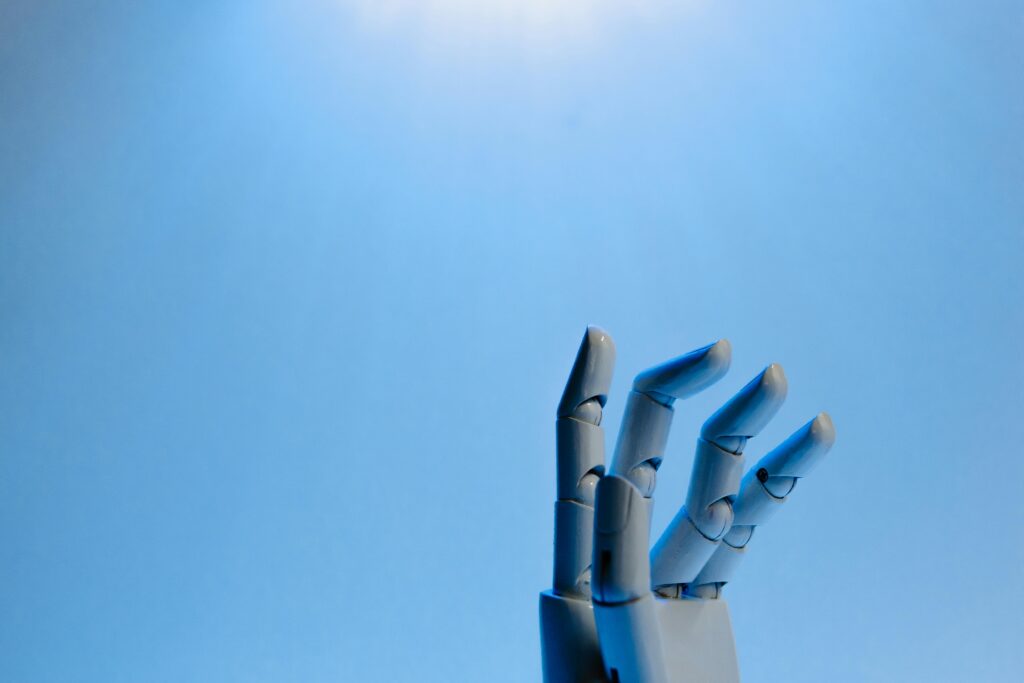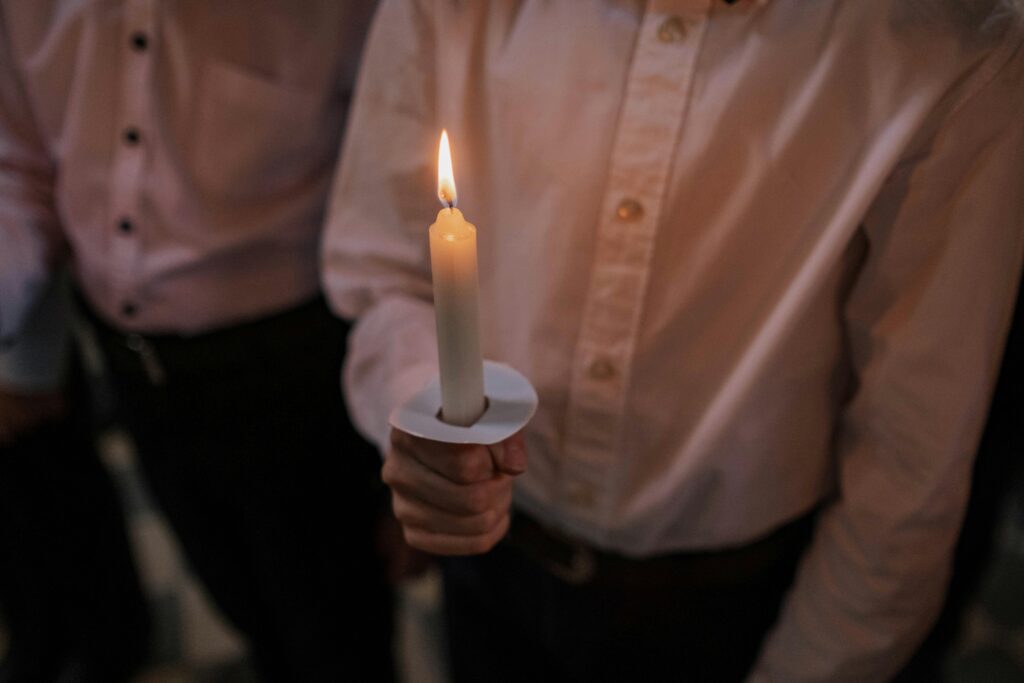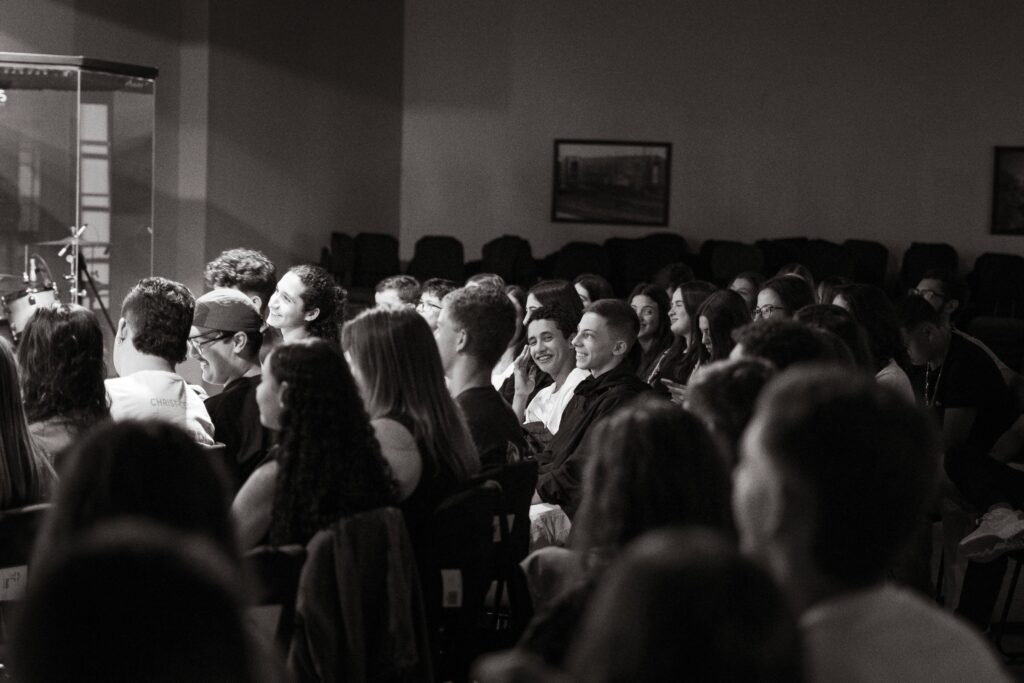More than 83% of babies with Down syndrome in Spain are aborted before birth
A study carried out by the Dutchman Gert de Graaf, the British Frank Buckley, and the American Brian Skotko, states that in recent years 50% fewer babies with Down syndrome have been born in the world than in previous years. This is because technological advances in recent years have made it possible to detect the […]

A study carried out by the Dutchman Gert de Graaf, the British Frank Buckley, and the American Brian Skotko, states that in recent years 50% fewer babies with Down syndrome have been born in the world than in previous years.
This is because technological advances in recent years have made it possible to detect the syndrome in the fetus in more cases, in addition to the fact that the legalization of abortion in most European countries has made it easier for women to choose to end their pregnancy when detected.
According to the data provided by the research by De Graaf, Buckley, and Skotko, the proportion of selective abortions was higher in southern European countries (72%) than in Nordic countries (51%) and Eastern European countries (38%).
Another piece of information that the work revealed is that Spain is where abortions of unborn babies with this alteration have increased the most. It is estimated that in the period from 2011 to 2015, 83% of pregnancies with Down syndrome in our country did not reach term.
In other regions of the world, including Latin America, there is still not enough official data to carry out the investigation. “Countries do not keep a record of how many abortions are performed because it is detected that the fetus has Down syndrome,” it is stated in BBC Mundo, although the experts in the study published in Nature found a way to make this estimate in 2020 and 2022, concluding that, in Europe, in the last decade, 54% of pregnancies in which the fetus had Down syndrome ended with an induced abortion.
In the early 1980s, European women had a 1/800 chance of having a baby with Down syndrome. The following four decades, with the increase in maternal age, the probabilities rose to 1/460, since the risk of this chromosomopathy increases with age.
If current data is compared with that of the 1980s, when prenatal screening tests began to be used, a large drop can be observed in the percentage of births of children with Down syndrome: today between 90% and 95% are being aborted of all children affected by the syndrome, says Agustín Matía Amor, managing director of the organization Down España, who believes that it is likely that the rates cited in the European study have increased significantly in recent years.
Currently, his organization is preparing its own study on the birth rate of people with Down syndrome together with the University of Salamanca.
Matía states that the proportion of babies born with Down Syndrome has gone from 1 in 800 in the 80s to 1 in every 2,000 births today. “It is the same ratio that rare genetic diseases have, that is, that, de facto, today having Down syndrome in Spain is considered as unusual as having a rare disease.”
Jérôme Lejeune, the servant of life
Jérôme Lejeune, French doctor and scientist, whose death this year marks the thirtieth anniversary, identified in 1958, at the age of 32, the first known chromosomal anomaly in humans: trisomy 21. An error in chromosomal endowment that causes patients to have 47 chromosomes instead of 46 and whose set of effects is commonly known as Down Syndrome.
This fact became the discovery that opened the door to the hope of alleviating the effects of this chromosomal pathology, and which gave a turn to Lejeune’s exciting scientific career. A career whose work led to reflection on the great questions of human life and on the role that medicine and research must play in the defense of the weakest, until April 3, 1994, the year in which the professor died.
However, that discovery has since been used as a form of eugenics based on prenatal diagnosis, perversely applied to the elimination of children affected by chromosomal disease. This was fought by Lejeune because it seemed incomprehensible and unacceptable, since as a geneticist he always defended that from the moment of fertilization until the end of his life, this autonomous being deserved protection.
As Pablo Siegrist, General Director of the Jérôme Lejeune Foundation, expresses in an interview, “Lejeune’s public positioning as a pro-life scientist when an abortion law was being processed in France brought him a certain ‘martyrdom’, because he put the defense of life to the ‘earthly glories’ he could have obtained as one of the most important scientists of all time”.
Faithful defender of human life since conception, he will be remembered among other things for his phrase, “the quality of a civilization is measured by the respect it professes for the weakest of its members.”
According to Siegrist, we are witnessing a kind of “social schizophrenia”: on the one hand, the integration of people with intellectual disabilities and, in particular, Down syndrome, is being promoted, and on the other hand, it is being shown to us as a “good” thing not to allow them to be born. In Spain, according to data from the Foundation, it is estimated that 97% of pregnancies diagnosed with Down syndrome end in abortion. Siegrist believes that we should all ask ourselves where disability arises, because “we are all disabled in some way at some point.” So “the whole society should reflect on this question.”
The Lejeune Foundation keeps alive the figure of the French scientist and his defense of the most vulnerable lives at all stages, through research, medical care and training. This defense is also promoted in international forums, such as the European Parliament, where hundreds of organizations continue to raise their voices against laws that promote death as a solution to problems in society.
Julio Tudela – Cristina Castillo – Bioethics Observatory – Life Sciences Institute – Catholic University of Valencia
Related
 (EN)
(EN)
 (ES)
(ES)
 (IT)
(IT)





